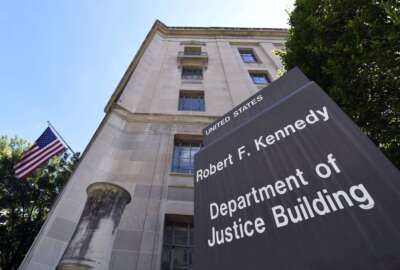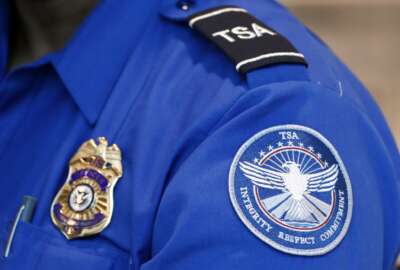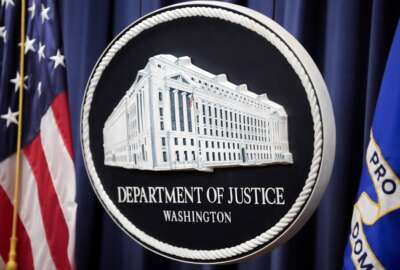New legislation seeks to prevent hazing in military
Congressmen introduce the Harry Lew Military Hazing Accountability and Prevention Act of 2012, a bill aimed at preventing hazing in the military services.
Rep. Elijah E. Cummings (D-Md.) joined Reps. Judy Chu (D-Calif.), Mike Honda (D-Calif.) and other members of the House in introducing the Harry Lew Military Hazing Accountability and Prevention Act of 2012, a bill aimed at preventing hazing in the military services.
“Hazing is simply intolerable and has no place in our military,” said Cummings, the ranking member of the House Committee on Oversight and Government Reform, in a press release. “Now is the time for our military leadership to take decisive action to address and prevent such violent acts against our servicemembers, and to continue to create a culture of diversity that represents and celebrates the richness of our nation.”
If enacted, the bill would:
- Establish a national database to monitor hazing incidents and investigate their causes;
- Add a statutory definition of hazing to the Uniform Code of Military Justice, facilitating the prosecution of hazing as a crime;
- Call for a study by the Government Accountability Office of the military services’ hazing prevention and training policies;
- Charge the Defense Department with developing a comprehensive plan to deal with hazing throughout the services.
The bill stems from a March 6 forum that focused on hazing and diversity in the military services conducted by Cummings, Sen. Ben Cardin (D-Md.) and the Congressional Tri-Caucus, which is made up of the Congressional Asian Pacific American Caucus, Black Caucus and Hispanic Caucus.
The House Armed Services Committee also conducted a forum on March 22, which uncovered “several deficiencies and a lack of a coordinated response by the Department of Defense and the Coast Guard to deter, address and track hazing incidents,” according to the release.
The legislation is named for a relative of Chu’s, who was a victim of hazing.
“I lost my nephew, Lance Cpl Harry Lew, to military hazing in April of last year,” Chu said. “Since that day, the military has been a perpetual disappointment, both in failing to deliver justice for Harry’s death and in their lack of attention to hazing within their ranks. Since the moment I began speaking out about this abuse in our armed services, the military has maintained that they don’t have a problem, that they are handling this issue perfectly. How can they claim they are doing everything perfectly if they don’t even have anti-hazing policies or training? How can they know they are doing everything perfectly if they don’t even know how many people are hazed? They can’t. And that’s exactly why we’re introducing this bill. We are taking action because it has become abundantly clear over the past year that the military won’t. This is about committing to protect our troops, just as our troops have committed to protect the America people. It’s about time something is done before another service member is harmed in such a preventable way.”
RELATED STORIES:
Military leaders assert zero-tolerance for hazing
Congress takes DoD to task over commitment to diversity
Copyright © 2024 Federal News Network. All rights reserved. This website is not intended for users located within the European Economic Area.
Michael O’Connell is senior digital editor of Federal News Network optimizing content for the best user experience. Follow @moconnellWFED
Follow @moconnellWFED






